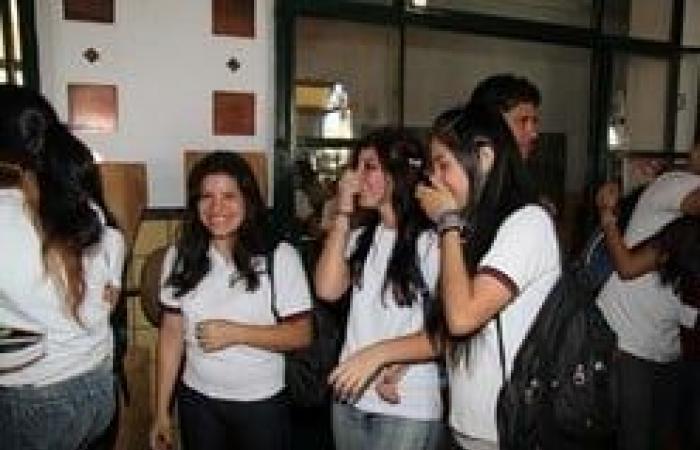Wednesday 6/26/2024
23:12
/
Updated to Wednesday 6/26/2024 23:16hs
The role of preceptors, in schools or educational institutions, has been changing since the appearance in the educational system, as described in great detail by Dora Niedzwiecki in her publication “Preceptors. From normative reproduction to the artisanal construction of links” (**). And in this process of assuming diverse and multiple functions, this preceptor is updated to try to respond to the demands of the school today, which is as plagued by problems as society itself. That preceptor, in a play on words, becomes a perceiver.
Etymologically, the person who (-tor, agent) captures (capere) completely (per-) something is called a perceiver. And I consider that the connection that this person, who plays that role, achieves with the students is that of taking charge, capturing, putting them under his wing. A preceptor does not stop paying attention from his perspective to what happens and what does not happen; He does not stop feeling and hearing the silences and what sounds; he does not stop reading what is said clearly and between the lines.
It is the one who is there, the one who accompanies, the one who embraces, contains, sustains, links… Being a preceptor demands much more than a merely administrative task and puts into play a pedagogical view or vision, its own didactics that teaches its own curriculum from that role. , perhaps what we call “hidden curriculum” in other disciplines.
There is only one obsolete and questionable regulation (Decree No. 817 of 1981), which regulates its function and which falls within the period in which it was written in our province, tied to the task of control and sanction, which It moves away from what the adolescents who inhabit our secondary schools today ask of us. A task that can be recovered in the film “The invisible gaze”, which shows this model of a controlling and sanctioning preceptor, capable of reproducing certain tasks without generating ties or humanizing the role.
Most of us who work in this role find ourselves challenged by the demands of the girls and boys who go through schools, who see us as an ally or a reference on whom to lean or support themselves as they go through their school careers. Many times we become the adult reference they look for or need, due to absences in their domestic family environments.
We are, and not to think what it was like during the pandemic where our cell phones or emails were in the public domain, the only ones who could mediate between those families and the teachers, between the management team and the families, and even between the families and the students. . We are the ones who cushion the impacts of the changes, those who translate those curricular changes, those new ways of carrying out trajectories, those who explain why there are no more exam tables, those who try to explain the unintelligible…
And among all these tasks, we are the ones who weave new ways of connecting to prevent current problems from having a stronger impact. We are attentive to situations of diversity and inclusion, to situations of integration, to situations of discrimination, to situations that have to do with nutrition or deficiencies of all kinds. Being preceptors today is a fundamental task in maintaining the functioning of educational institutions, and yet it is very little considered by those who think about educational policies.
Being preceptors, with a commitment to the generation and maintenance of care bonds, just as is demanded today in schools, just as the girls and boys require, positions us in a role of perceivers of that particular reality, being able to capture completely the scene in which the true protagonists of education, those girls and boys.
Meeting in Rosario
The Pedagogía en Foco Foundation organizes the II National Meeting of Preceptors, which will be held on July 6 in Rosario, under the title “The emotional dimension and affectivity in school.” The central panel will be led by Dr. Carina Kaplan. This proposal is aimed at teachers, preceptors, teaching students and others interested in the subject. For more information and registration, contact: [email protected] / Whatsapp: 341 3 820826.
Vice director of EETP No. 656 Juana Elena Blanco de Rosario.
(**) Pages 127 and 128 of the magazine Propuesta Educativa No. 34, year 2010.
#Argentina







